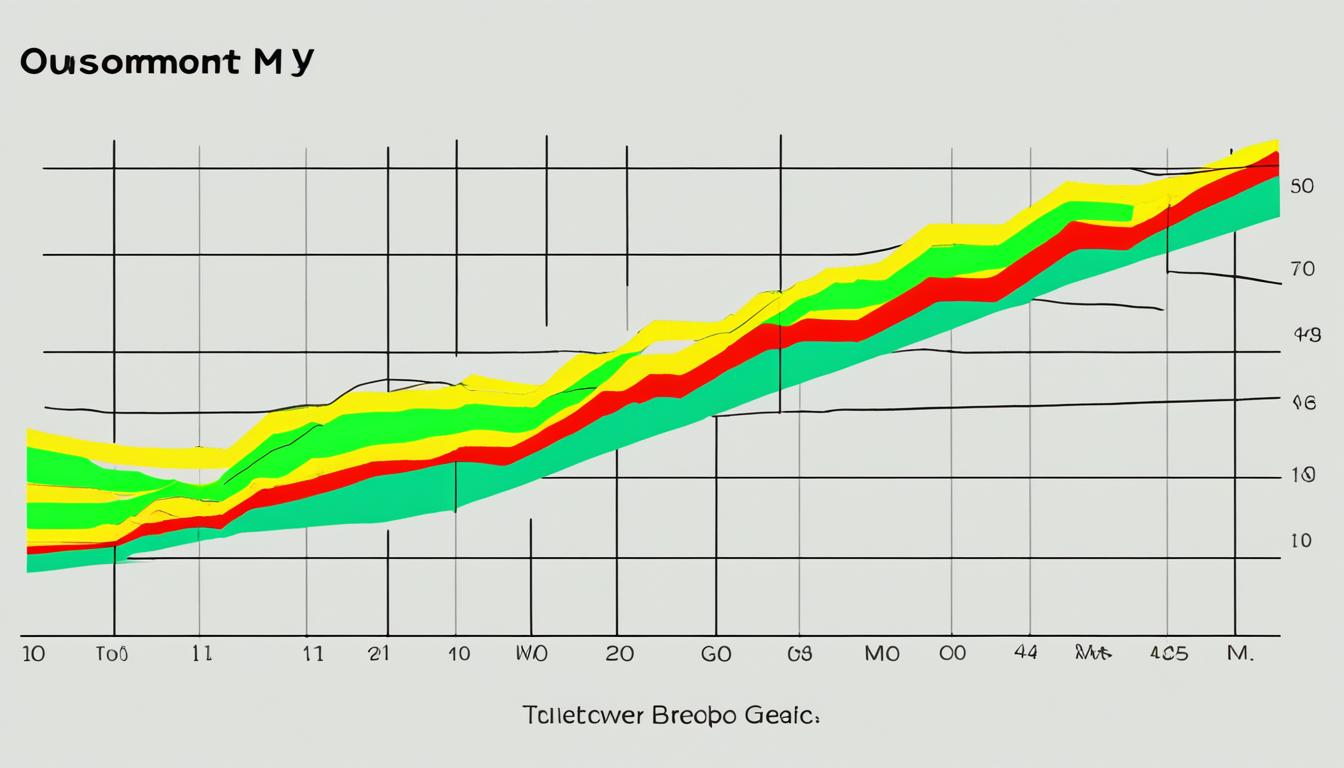Category: Bannking
-

How do VC funds get paid?
Discover how venture capital (VC) funds generate returns on their investments and get compensated for their risk-taking and expertise in this comprehensive guide on “How do VC funds get paid?”.
-

Is working in VC fun?
Is working in VC fun? Explore the exhilarating world of venture capital, where you get to back game-changing startups and collaborate with visionary entrepreneurs.
-

How does venture capital work in Australia?
How does venture capital work in Australia? Explore the Australian VC landscape, funding stages, investment criteria, and the role of venture capitalists in fueling startup growth.
-

What is the average return on a VC firm?
Discover the typical returns generated by venture capital firms, a crucial factor for investors considering this high-risk, high-reward investment avenue. What is the average return on a VC firm?
-

What does a VC do all day?
A VC (venture capitalist) invests in promising startups, provides mentorship, and helps companies grow. What does a VC do all day?
-

How much money do you need to invest in a VC fund?
Investing in a VC fund requires significant capital, often starting at $500,000 or more. However, minimums can vary depending on the fund and investor type.
-

When to walk away from your startup?
Knowing when to walk away from your startup is crucial for entrepreneurs – it could mean avoiding further losses or seizing new opportunities.
-

What is the downside of VC funding?
While VC funding provides capital, it often means giving up equity and control, with investors seeking high returns on their investment.
-

What do VC get in return?
Venture capitalists (VCs) invest money in startups in exchange for equity, which allows them to benefit from the company’s future success and potential exits.
-

What happens to VC money if startup fails?
If a startup fails, the VC money is typically lost, as venture capitalists take a substantial risk by investing in early-stage companies with high growth potential but also high failure rates.